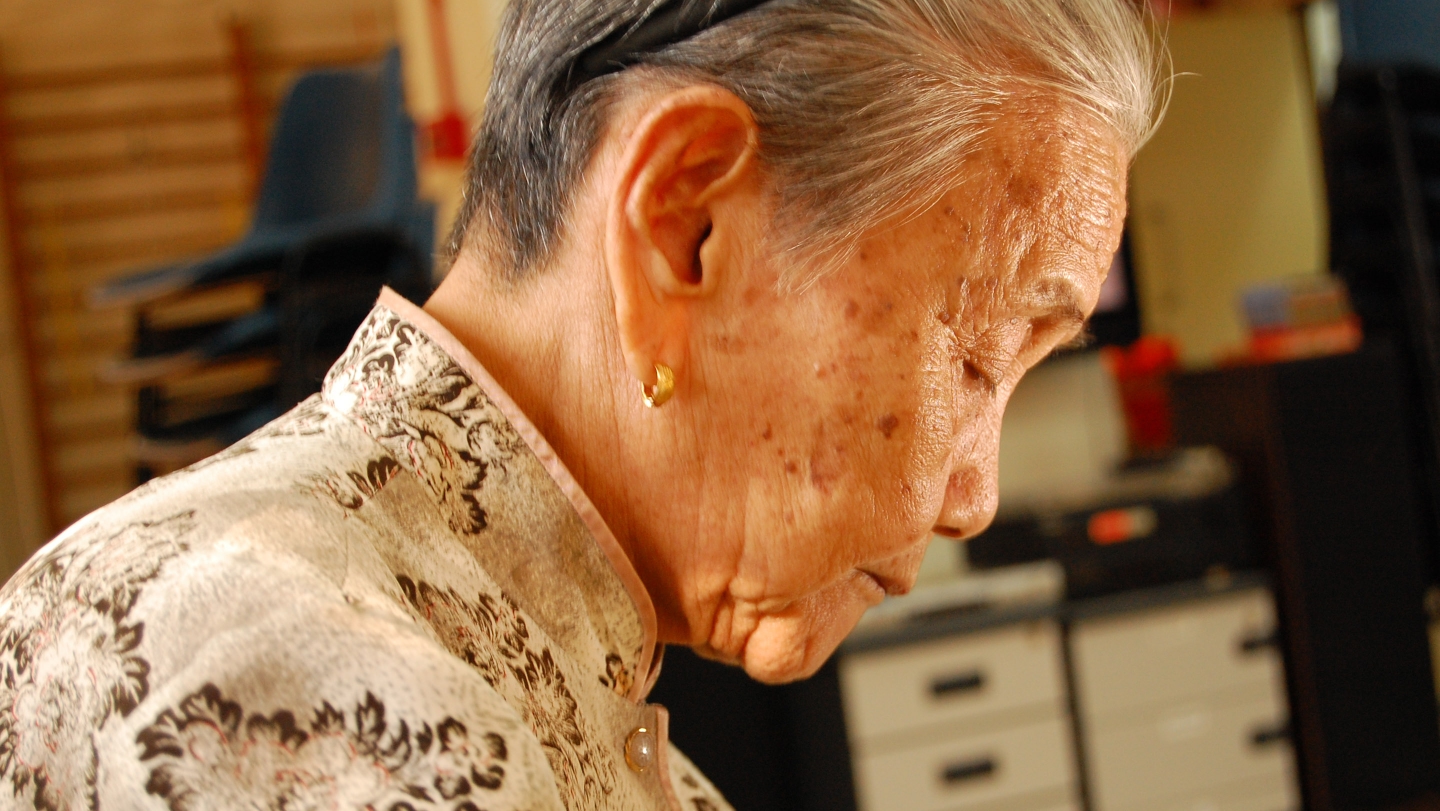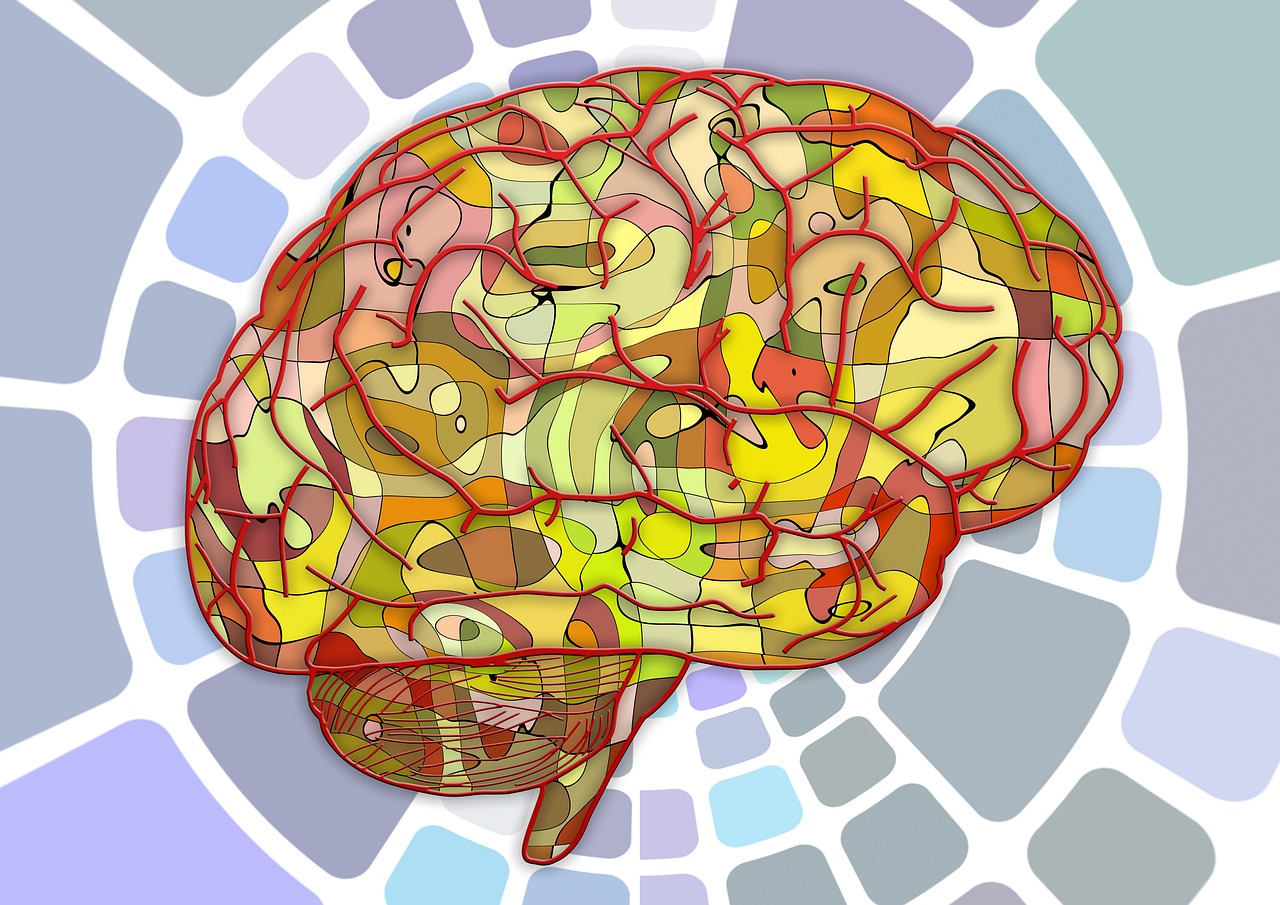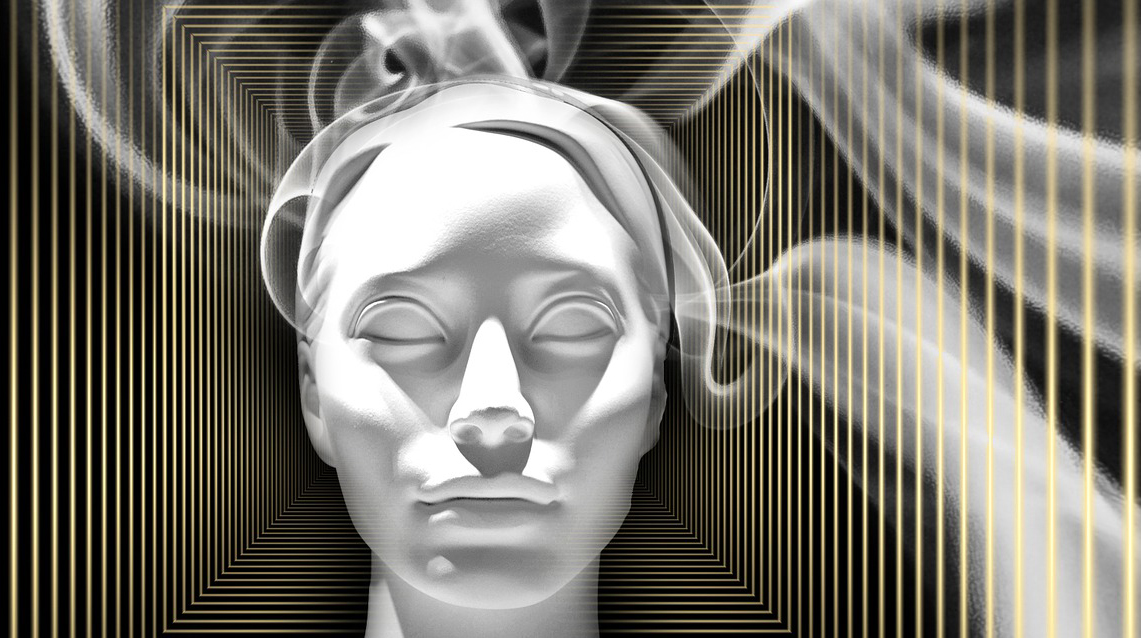Mind & Brain
All Stories
A study of 15,582 elderly Hong Kong community residents suggests a link between robust intellectual activity and avoiding the onset of dementia.
The first step is recognizing that physical, mental, and emotional health are interconnected.
Gender studies are leaving the college halls and heading into the lab. Increasingly, there have been more rigorous studies into how transgender people neurologically relate to the sex they identify with rather than their biological sex.
NYU researchers may have finally put to rest the mystery of how speech is processed in the brain.
“Our country doesn’t do many things well, but when it comes to big occasions, no one else comes close,” so claimed an instructor I heard at the gym this week. […]
There’s a chicken and egg thing going on here when it comes to having a mood disorder and discordant circadian rhythms.
A new paper published in the journal American Psychologist shows how NASA is using personality research to learn what makes the best team of astronauts.
TMS might also help those with anxiety, PTSD, and traumatic brain injury.
Some of the most important decisions you will make in your lifetime will occur while you feel stressed and anxious.
In a post-truth world of alternative facts, there is understandable interest in the psychology behind why people are so attached to their opinions and why it is so difficult to change minds.
Shock treatment may be the best therapy for major depression. Unfortunately, the stigma against it is holding back the potentially beneficial treatment.
Somewhere out there, perhaps in another place and time, there’s a person who looks like your identical twin stranger — at least to an untrained observer.
Being creative gives you a natural predisposition to schizophrenia, according to a massive new study by the British Journal of Psychiatry.
In his new book, The Consciousness Instinct, Michael Gazzaniga does a deep dive into the process of consciousness.
For many, their religion is a core part of their identity, the meaning they find in life, and their social world. Changing this crucial aspect of themselves will have significant psychological consequences.
The part of your brain responsible for ASMR catalogs music, and appears to be a stronghold against Alzheimer’s and dementia.
Using a machine-learning system known as a deep neural network, MIT researchers have created the first model that can identify a musical genre just like a human would.
The NFL is known predominantly for its players’ display of athletic prowess. But you’d be surprised to know that many of these same players are incredibly smart. Here are some of the smartest NFL players ever to have graced the league.
Two studies, summing up almost 5,000 participants, point to an interesting link between education and conspiracy theories.
In this study, know-it-alls although aware of their biases, selected data that supported their beliefs anyway.
Socrates never wrote anything down because he found writing to be inferior to dialogue as a method of inquiry. That’s kind of a problem if we’re to evaluate his ideas.
The Mnemonic Induction of Lucid Dreams (MILD) was originally developed in the 1970s by the American psychophysiologist Stephen LaBerge.
The idea that we learn better when taught via our preferred modality or “learning style” – such as visually, orally, or by doing – is not supported by evidence.
The study examines students at a secondary school in Singapore, which leads the world in Programme for International Student Assessment (PISA) rankings.
Researchers believe it’ll interweave the internet, A.I., and the human brain in a way that will create a “second self.”
New research from UC Davis shows forty volunteers still experiencing cognitive gains seven years after an intensive retreat.
A new study echoes a key finding in a growing body of research on self-estimated intelligence: men tend to overestimate how smart they are.
Why are we so drawn to supernatural beliefs?
The results have implications for psychology, neurology, robotics and A.I.





























